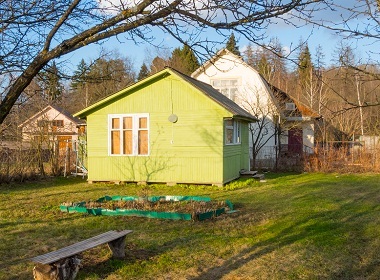
What is Russian dacha? Dacha is a national characteristic of Russia, the passion of many natives. Even the word itself is unique and does not exist in other languages because dacha is a kind of Russian phenomenon.
Statistics indicate that more than 30% of Russians own a dacha. 62% of the Moscow residents prefer relaxation at dacha over any other kind of recreational activity.
Russian Dacha
Putting it simply, Dacha is a relatively small countryside house with a fruit and vegetable garden.
Many Russian families spend summer time in such houses. They grow vegetables and fruit for their own consumption, sharing with the family, or selling.
Russians take pleasure in planting potatoes, carrots, beetroots, and other vegies. People start working on their plots in early spring and finish collecting crops by late autumn.
From the days the snow melts in April to the last autumn flowers killed by frosts in October-November, dacha is the place to spend all spare time for lucky city dwellers who own a little place in the countryside.
46% of Russians were growing their own food in 2015, an increase by 6% since 2014. This year this figure may rise further, since prices for food have jumped even higher.
It may seem strange, but many Russians spend the whole summer working in the garden on their dacha. Pensioners have no jobs in the city and may live in the countryside for the whole summer season.
In return, dacha owners have their own vegetables for the whole winter up to the next summer. Preserves such as pickled vegetables (especially cucumbers and tomatoes) and jams made from berries assist in improving and varying food rations during winter. Russians value their own fresh produce from countryside plots for being organic and pesticide-free.
Nearly every dacha has an underground storage for vegetables, which allows to keep potatoes and vegetables fresh for longer.
Russian dachas can be subdivided into 3 types:
- Old dachas from the Soviet times. They are mostly situated in “gardening communities”. Those consist of small plots of land with houses. Usually such houses have no internal heating and can be used only during the warm season (May-October).
- Houses in villages and small towns. Some Russians buy or construct houses in villages or small towns. They go to such houses on weekends to relax in the countryside. However, most of the time people spend working in the garden and repairing the house. They also enjoy going to banya (Russian sauna). This weekend migration helps to revive old villages where the majority of permanent residents moved to cities in search of a better life and higher wages.
- Houses in cottage settlements. It is a relatively new trend in Russia. Many people are tired of multi-storey apartment buildings, which have been the prevalent form of accommodation for Russians since 1960s, and want to move to the countryside or, at least, have a house in a quiet place not far away from the city. Such cottage settlements have a uniform architectural style, security, and in most cases construction services within the locale. The homes differ from what we mean by a “classic Russian dacha” but times are changing. The new generation prefers a different type of “dacha”, which is more comfortable. The majority of people living in such cottages enjoy growing some basic vegetables like onions, carrots, beetroots, and cucumbers.
Some foreigners wonder why Russians spend their weekends working in the gardens. Growing fresh produce requires a lot of effort, fighting off insects and watering the plants regularly. And after such busy weekends, people return to their city apartments and go to work at their regular jobs the next day.
Growing food on a such small scale is not even economically viable. Carrots and potatoes can be easily purchased in stores or in the markets. Of course, prices are higher nowadays but money and effort spent on such “farming” are not justified.
Well, some say that Russians are irrational. But in fact, it’s not the question of money. In most cases it’s just the way of life.
Russians say that vegetables from their own gardens are tastier. Besides, they truly enjoy the time spent working outdoors. Families gather, weed the gardens, water the plants, pick ripe berries and fruit. After the hard work they grill some shaslyki (barbecue) and go to banya (Russian sauna). People enjoy the beauty of nature, spend time with relatives and friends.
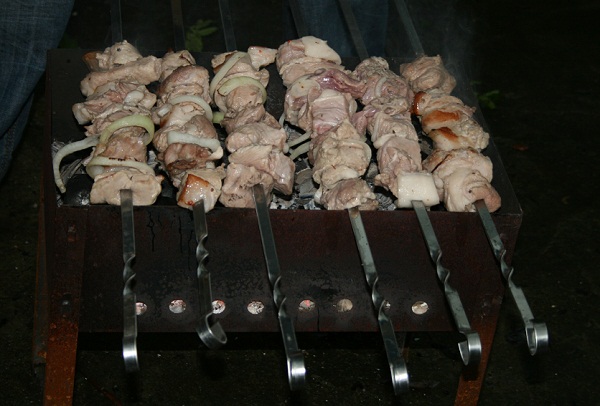
Shashlyk (or shashlik) is a form of kebab made of meat or chicken. Shashlyk as an “outdoor” type of dish that is highly popular in post-USSR. It can be made anywhere over hot coals. Shashlyk is not a traditional Russian dish but borrowed from nations that lived in Caucasus mountains and Central Asia. But now it’s the most popular picnic dish in Russia!
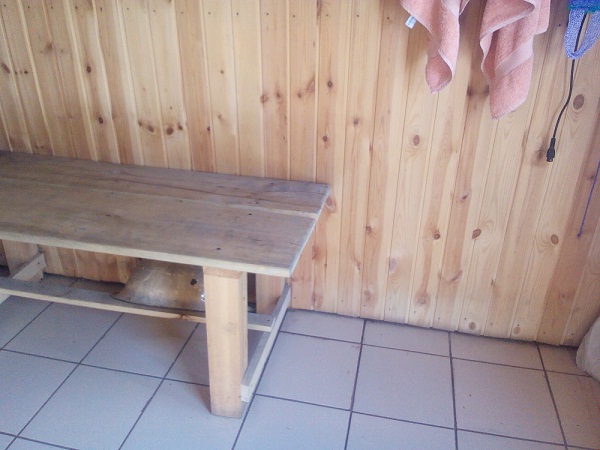
This is an entrance area to the sauna or “predbannik”, where people undress and also the place to sit down and chat while drinking some beer (or even vodka) in between the hot sauna sessions.
Russian winter is one more reason to love dachas. People live in gray concrete multi-storey buildings, surrounded by other high-rises that look completely the same. In winter, everything gets even worse. No grass, snow and ice, it’s cold and gray everywhere.
It’s different in villages and forests but big cities get really unattractive during the cold season. Ecology is also an issue. Many factories are located within cities, which causes pollution in the air.
It’s no wonder that when it gets warmer and the first grass is showing up, people rush to their green havens. Moscovites (residents of Moscow, the Russian capital) spend hours in traffic jams to get out of the city and enjoy some nature and fresh air.
My parents also own a house in a village, although during the week they live and work in the city. On Fridays they pack their bags and go to a village, which is about 50 km away. Every Friday and Sunday there are queues of cars hurrying to the countryside and back.
My relatives enjoy getting out of town to the countryside and working in their garden. It may sound weird but they still, in May, cook and eat their own potatoes grown last year. They have already planted different types of vegetables this season. They also have fruit trees on their plot. Last weekend my parents constructed a greenhouse for growing cucumbers, as these vegetables need warmth and lots of water.
My relatives have enough money to buy vegetables and fruit but they love growing their own. They believe that vegetables and fruit grown in their own garden are much tastier. I can only agree with them. Such fresh produce differs in taste and it’s impossible to compare organic vegetables with those bought in a shop.
I just love to eat salads made of cucumbers and tomatoes from my parent’s garden and can’t wait to try the fresh ones this year. It’s hard to explain that but the taste is totally different.
Strawberries from the dacha are also delicious. Some people gather wild strawberries in forests, which also taste great and high in vitamins. All these berries are natural, tasty and contribute to a healthy diet.
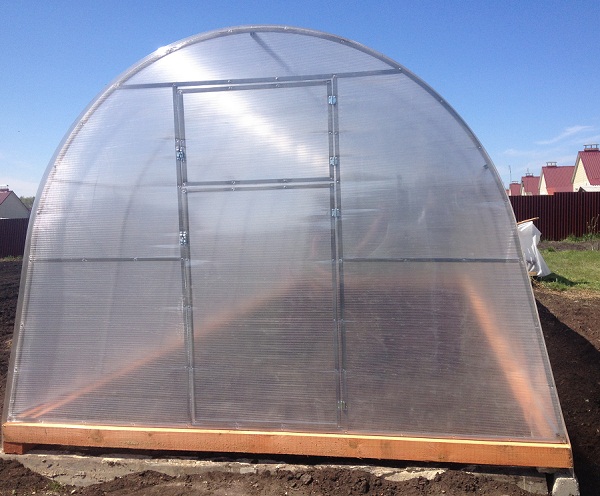
Russians construct green houses (“teplitsa”) to grow tomatoes, cucumbers, and watermelons. In most regions summer is quite cool, so it’s important to protect plants from the cold.
Being Russian, I perfectly understand people spending a lot of time at dachas and growing their own vegetables and fruit. It’s a matter of Russian culture and the way of life, a national pastime.
Some people grow fresh produce to sell, but I do not believe it’s highly profitable. It can provide some small additional income.
This year the number of Russian gardeners is likely to increase due to the plunge of Russian ruble against US dollar and Euro. Many locals say that it has become too expensive to travel abroad or even go for a vacation by the sea in Russia.
Where else to go as not to the local countryside, to the famous dacha?
- Economic Crisis in Russia: 46% of Russians Forced To Grow Their Own Food
- My First Trip To Russia: Russian Girls vs. Western Girls, Family Values, Relationships, and Love (by Luca Lampariello)
- Where To Meet? List of Countries Russian Girls Can Easily Visit
- Average Monthly Income in Russia USD 291, Average Wage USD 437 (Rosstat Report)











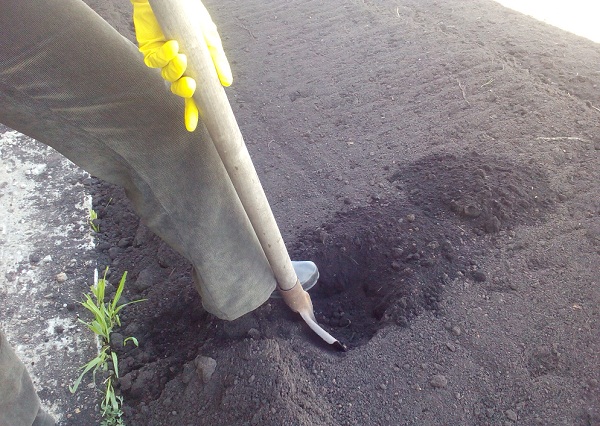
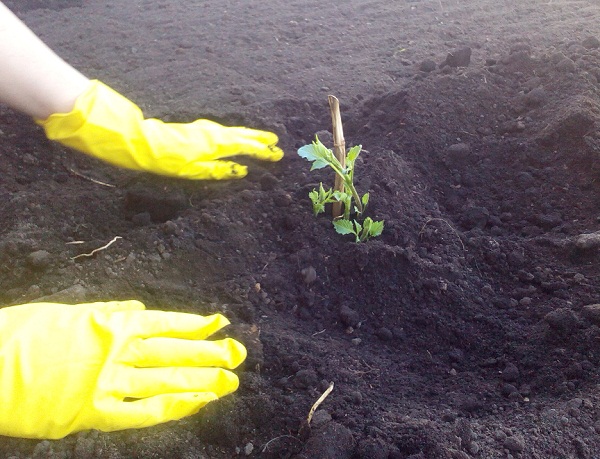
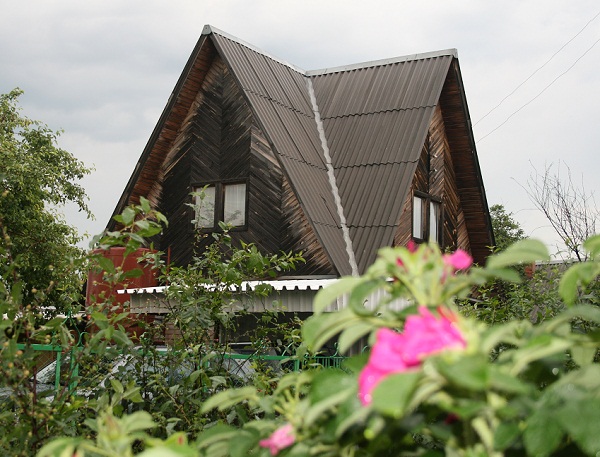
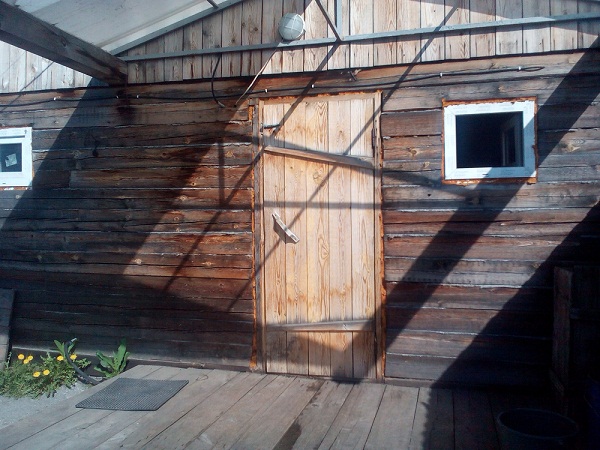
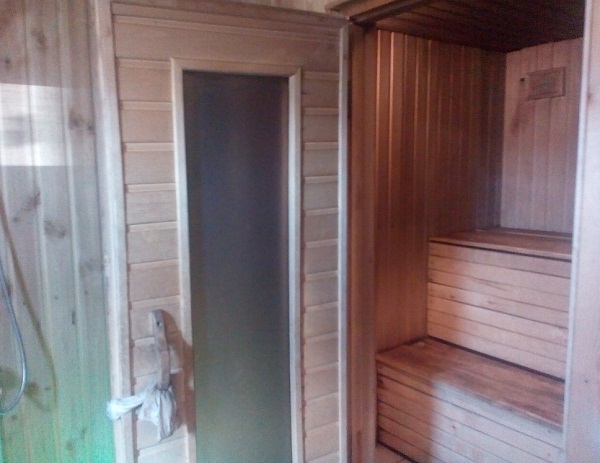
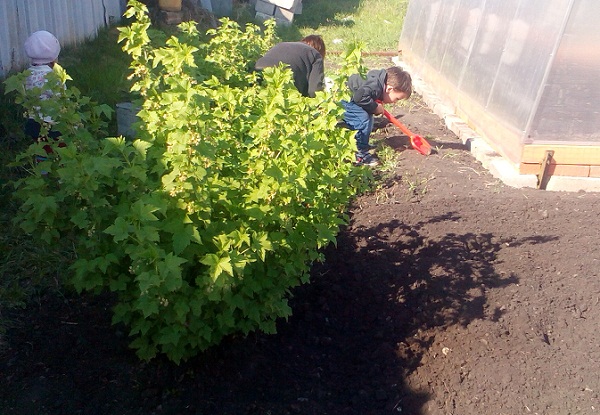
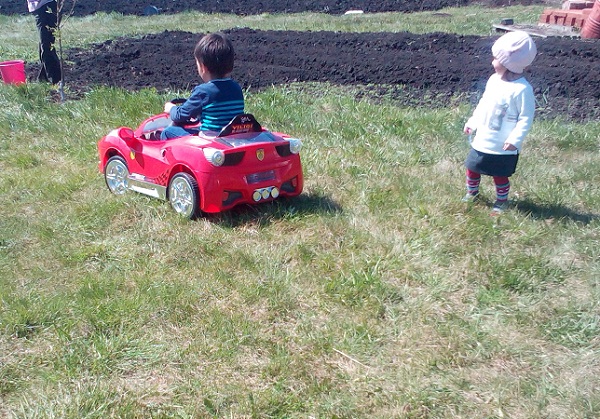

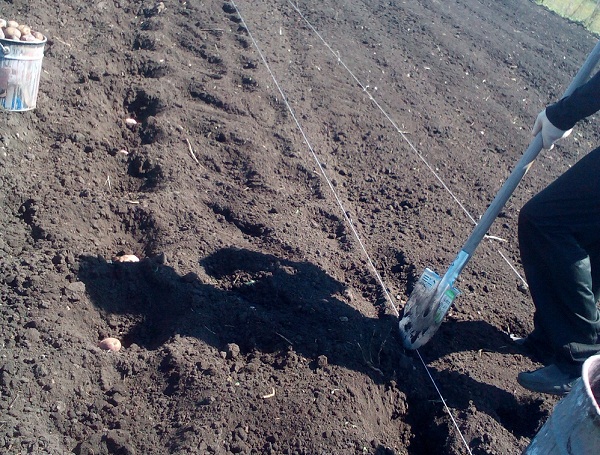
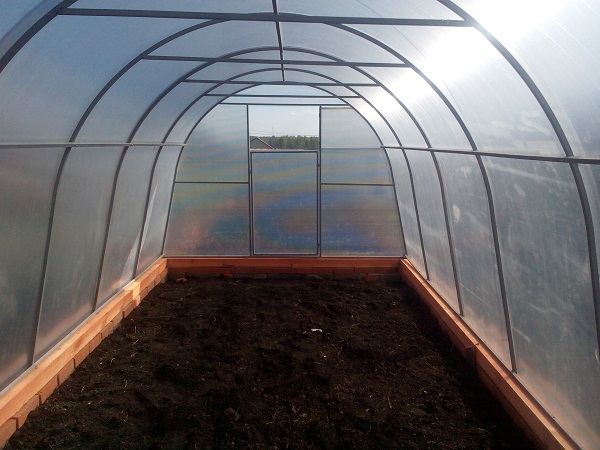
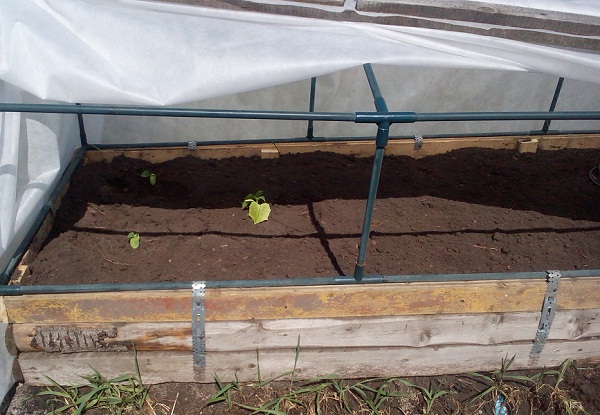
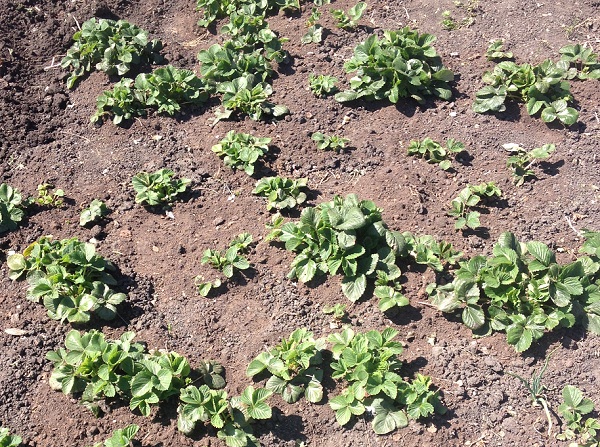



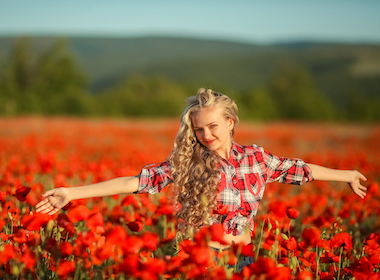

Undoubtedly, dacha is an essential part of Russian culture. People of all ages look forward to spring and summer to go to their family’s favourite place. Especially dacha is very vital for grandparents, as it reminds them about their countryside’s childhood. How much joy it brings!
Dacha is a wonderful place. It’s like a rest for soul. Fresh air, green plants, silent… What can be better? Russian people often want to escape from loud cities and towns. They just want to enjoy nature. People who grow their own plants have double advantage – not only nature but also harvest. And I don’t agree that growing own plants is not economically valuable. My parents and me have such experience. Besides, your own fruit and vegetables are healthier and more delicious than in the supermarket.
As for me, my family has only a plot of land without any house. But anyway we call it dacha 🙂
You say that “money and effort spent on such “farming” are not justified”. But I have another opinion. I live in Vladivostok and almost all the fruits and vegetables which are sold here are from China. They are simply tasteless. And our dacha helps us to taste this rich flavor of tomatoes, cucumbers, etc.
So there is one more reason why Russians have dachas.
Did you know that this also common in British Culture – In the UK many families and pensioners have what we call an “Allotment” which is essentially the same as the Russian “Dacha” 🙂
I think that farming at the dacha is in DNA of the Russian person. I know many people who are tired of such rest, but still they go there every summer. Why? My point of view is that Russian people have close connection with the ground. Besides, spending time in such way they see the results of their work.
Dacha is a “our little world” for us. We can relax there. My parents cook a popular dacha dish “Shashlyk”. It’s very interesting dish. Ussually Russians cook meat shaslyk and chicken shashlyk. Also we cook vegetables shashlyk. Even we cooked fruit shashlyk. I with my cousins like to be in predbannyk. We drink green tea and eat fruit, berries, cakes and sweets there.